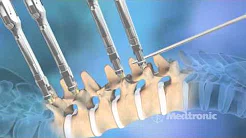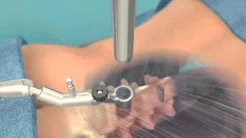Medicinal Pain Management
Medicines or pain-killers/relievers or analgesics are common medicines that physicians to give pain-relief to the patient. The choice of pain relieving medicine depends upon the following:
- Medical condition causing pain
- The location, intensity and type of pain
- Any activities that ease the pain or make it worse
- The impact of pain on lifestyle of the patient
Some of the medications that are prescribed by physician to give relief to the patient are
- Neuromodulating medications
The neuropathic drugs or medicines are used to provide relief from burning and tingling pain that is result of nervous system injury. They also help in the relaxation of muscles.
- Anti-inflammatory
They are mainly used to reduce pain and inflammation. The two mainly used medications are:
- Non-steroidal anti-inflammatory drugs(NSAIDs) like ibuprofen, naproxen and COX-2 inhibitors
- Steroidal medications or also known as corticosteroid drugs such as prednisolone and hydrocortisone
- Antidepressant
Antidepressants are useful in controlling pain especially the musculoskeletal pain.
- Opioid : In case of severe pain, these drugs are often preferred. Morphine and it’s congeners is an important medicine in this class.
- Muscle relaxants : They are given to treat muscle spasms due to pain and protective mechanisms.
- Narcotic medications : These are most appropriate for acute or post-operative pain.
- Topical : Some medicines are applied to the body in the form of creams and ointments. They are referred as topical medicines and include local anaesthetics and NSAIDs.
Advantages of Medicinal Pain Management
- May reduce or eliminate the need of surgery
- Gives relief to the patient
- Improves flexibility, movement and strength of the affected part
- Improves patient’s quality of life
- Reduces discomfort associated with pain


 Request an Appointment
Request an Appointment Request Online Consultation
Request Online Consultation Enquiry form
Enquiry form























